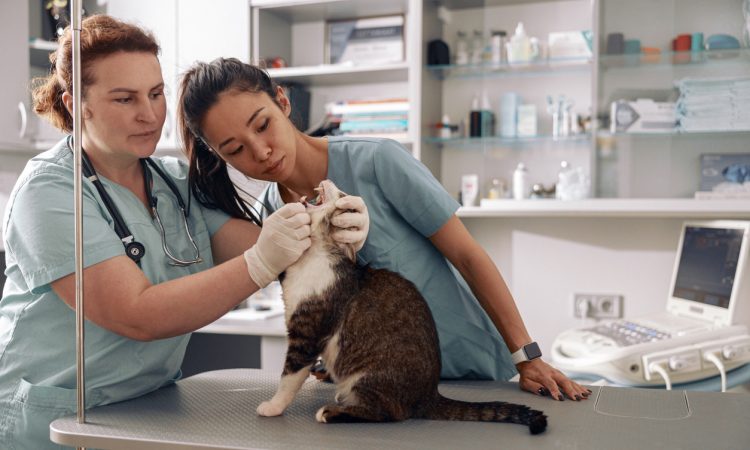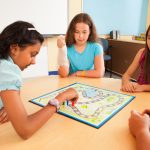Experiential learning immerses students in an environment where they gain knowledge and skills by doing. It can be supported with intentional reflection to help students internalize what they gained. To harness the value of connecting experiential learning and reflective practice with career development, CERIC embarked on a project with OneLifeTools to develop an easily accessible digital resource.
The Wayfinder is a searchable platform that career specialists, educators and program developers can use to find Canadian and international programs, and easily adaptable resources such as assessments, guides and toolkits. Here are 14 examples of resources from the Wayfinder, ranging from learner exercises to practitioner activities, to professional networks, to websites.
Activities: Integrating the Career Readiness Competencies Into the Classroom (National Association of Colleges and Employers) [Practitioner activity]
Suited for first-year undergrad and/or post-graduate students, this activity includes follow-up assignments to help students build awareness and understanding of career competencies.
Experiential & Work-Integrated Learning in Ontario (EWO) [Community and network]
EWO is a non-profit organization comprising post-secondary, publicly funded institutions in Ontario that offer co-operative education, work-integrated learning and experiential learning. This network offers members resources, opportunities for networking and knowledge sharing.
Experiential Learning Toolkit (Niagara College Canada) [Toolkit]
A resource providing several modules on designing, delivering, facilitating and evaluating experiential learning. There are tailored module pathways for community partners and employers, and academic leaders and faculty.
How to express your competencies (University of Victoria) [Learner exercise]
An exercise for co-op students. This reflection guidance from the Co-Operative Education Program and Career Services at the University of Victoria is useful for undergrad students pursuing any subject. It also includes a Competency Assessment Worksheet.
Masters Template: Professional Profile (Northeastern University) [E-Portfolio]
This template provides reflective questions to guide the development of a student’s e-portfolio. It is geared toward people in the Master of Education program at Northeastern University but has principles that are transferrable to any discipline.
Mentorship Strategies in WIL Guide (Business + Higher Education Roundtable) [Guide]
A comprehensive overview of the value of mentorship and its role in work-integrated learning. It features recommendations and case studies to help employers, community organizations, faculty and program designers.
My Major Map (Queen’s University) [Learner exercise]
This tool helps students reflect on their career development by giving them a structure to plot stages and track ideas, goals and successes.
Professional Development Plan (University of British Columbia) [Learner exercise]
This plan provides the opportunity to outline important steps for progression in career and professional development. It includes a self-assessment process, ongoing documentation and evaluation.
Reflecting about your experience (Virginia Tech) [Learner exercise]
This guide provides an impactful structure for describing an internship experience in just two minutes. There are also links on preparing for, applying to and maximizing internship experiences.
Reflective Practice Teaching activities and resources (Registered Nurses’ Association of Ontario) [Multiple resource site]
While the tools and approaches offered here are tailored for clinical situations, they provide principles of reflective practice that are relatable to other professions. There are teaching and learning activities, learner engagement questions, evaluation and self-reflection.
Resources: E-Portfolio (Association for Authentic, Experiential, & Evidence-Based Learning) [Multiple resource site]
A string of resources developed by a US-based association to help learners implement or improve their e-portfolio practice.
The Community-Based Global Learning Collaborative (Campus Compact) [Multiple resource site]
A platform providing model syllabi and syllabi templates for student reflection before, during and after off-campus learning in the context of community service, international development and global citizenship.
The Tools: Community Partners (University of Kentucky) [Practitioner activity]
The purpose of this assignment is to challenge students to think critically about building sustainable and meaningful partnerships between local community services and international organizations.
Tools and resources (Skills Ready) [Multiple resource site]
Skills Ready offers self-assessment tools, rubrics and factsheets on automotive, construction, manufacturing and small craft marine sectors. While it is an initiative of the Construction Foundation of BC, it offers resources that practitioners and students pursuing other sectors can take inspiration from.
Additional reading
- Laurier certificate connects volunteerism to students’ personal and professional development (CareerWise)
- ‘You didn’t just make pizzas!’ resume writing and career mindsets for WIL students (Careering)







